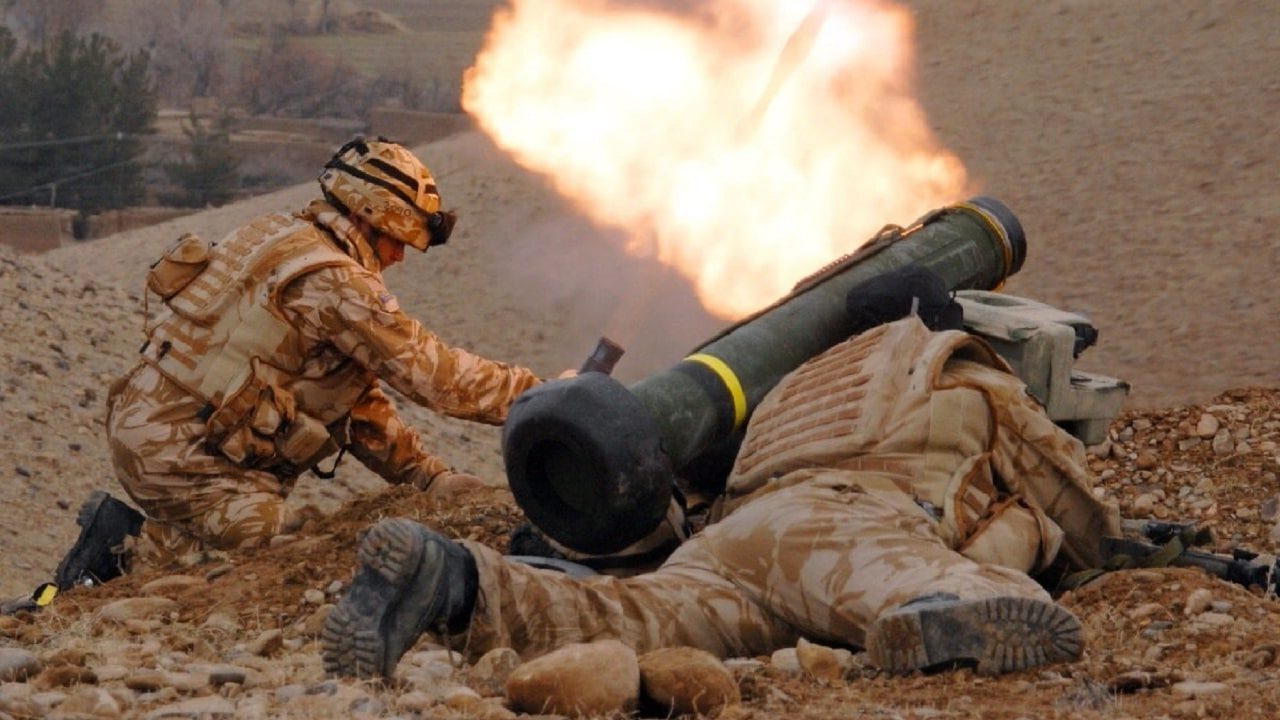Belarus In the Crosshairs: Belarusian President Alexander Lukashenko is at a crossroads. He has ruled over an untouched autocracy for 30 years due to Moscow’s military backing. But Russia’s invasion of Ukraine has changed his prospects.
(Subscribe to Our YouTube Channel Here. Check out More 19FortyFive Videos Here)
The war in Ukraine has become a nightmare for the Kremlin, which had counted on a quick Ukrainian capitulation.
Realizing he did not have the manpower to force annexation and imperialism on 44 million Ukrainians, Russian President Vladimir Putin has asked fellow Collective Security Treaty Organization members like Kazakhstan for manpower and military aid, to no avail. After depleting much of their artillery and missile stockpiles, Moscow has had no other option but to ask rogue states such as Iran and North Korea for military aid.
Lukashenko has helped coordinate the invasion logistically but has refused to formally intervene. In the wake of major protests that were quelled with help from Russia, the Belarusian dictator is now under pressure from the same people who keep him in power.
Lukashenko was a collaborator in Russia’s war plans. In preparation for Russia’s invasion, he willingly opened his country to Russian forces to stage, and to prepare to storm Kyiv. After months of Lukashenko denying he had any knowledge of an invasion, or that Russia would invade from Belarusian territory, they did just that in February.
Along with opening his border, Lukashenko gloated about how the “special military operation” would link all the way to Transnistria. He allowed Belarusian bases to be used as staging points for Russian bombing runs. Whereas other CSTO members refused to send logistical or military support, Lukashenko thought placating the Kremlin by sacrificing some sovereignty would suffice. By all signs, it did not.
Over the last several months, Defense Minister Sergei Shoigu has visited Minsk, and Putin has made a rare appearance. It looks like Moscow is now persuading Lukashenko to formally intervene in Ukraine, whether he likes it or not.
Russia’s logistical and manpower issues leave Moscow with a sense of urgency regarding future Ukrainian counteroffensives. Defensive lines have been installed in Crimea and in the Donbas region.
While significant casualties have reduced the availability of professional Russian forces, Putin has persisted in the pursuit of territorial expansion, with plans including another rumored push into Kyiv. For him to conduct this operation, Putin would have to court or forcibly coerce Lukashenko. This puts the autocrat in a tough situation.
The Belarusian military is small and cannot approach the Russians’ capabilities to conduct deployments. Lukashenko also needs the military for domestic operations. As an unpopular dictator, he could face an uprising if most of his protection is deployed elsewhere.
Not only is Lukashenko unpopular amongst Belarusians, many of which want friendly relations from his geopolitical foes such as Ukraine and Poland, but the Russian invasion is also unpopular. As Russia helped crush the Minsk protests, many Belarusians have taken up arms alongside the Ukrainian Armed Forces, forming a Free Belarusian Legion with a goal of upending the Kremlin’s proxies.
Any prospect of invading could lead to an uprising, and if military action happens with large casualties in an unpopular war, Lukashenko also risks a potential mutiny by his own armed forces. Putin himself looms as a potential danger. As seen in Georgia, Armenia, and Ukraine, the Russian autocrat does not take kindly to slights, nor does he go easy on vassals that stray from his vision.
Relying on a tyrant to consolidate his own tyranny may now come back to haunt Lukashenko. Whether or not he invades Ukraine, he remains in hot water. A collapse of Putin’s regime would open a major opportunity for Belarusians to overthrow the autocracy in Minsk, but openly intervening could seal his fate as well. For 30 years, Alexander Lukashenko has made himself seem untouchable. His grandeur is now on an hourglass.
More: Is Donald Trump Going Crazy?
More: Could Mike Pence Beat Donald Trump in 2024?
More: NATO vs. Russia – What World War III Would Look Like
Julian McBride, a former U.S. Marine, is a forensic anthropologist and independent journalist born in New York. He reports and documents the plight of people around the world who are affected by conflicts, rogue geopolitics, and war, and also tells the stories of war victims whose voices are never heard. Julian is the founder and director of the Reflections of War Initiative (ROW), an anthropological NGO which aims to tell the stories of the victims of war through art therapy. As a former Marine, he uses this technique not only to help heal PTSD but also to share people’s stories through art, which conveys “the message of the brutality of war better than most news organizations.”

